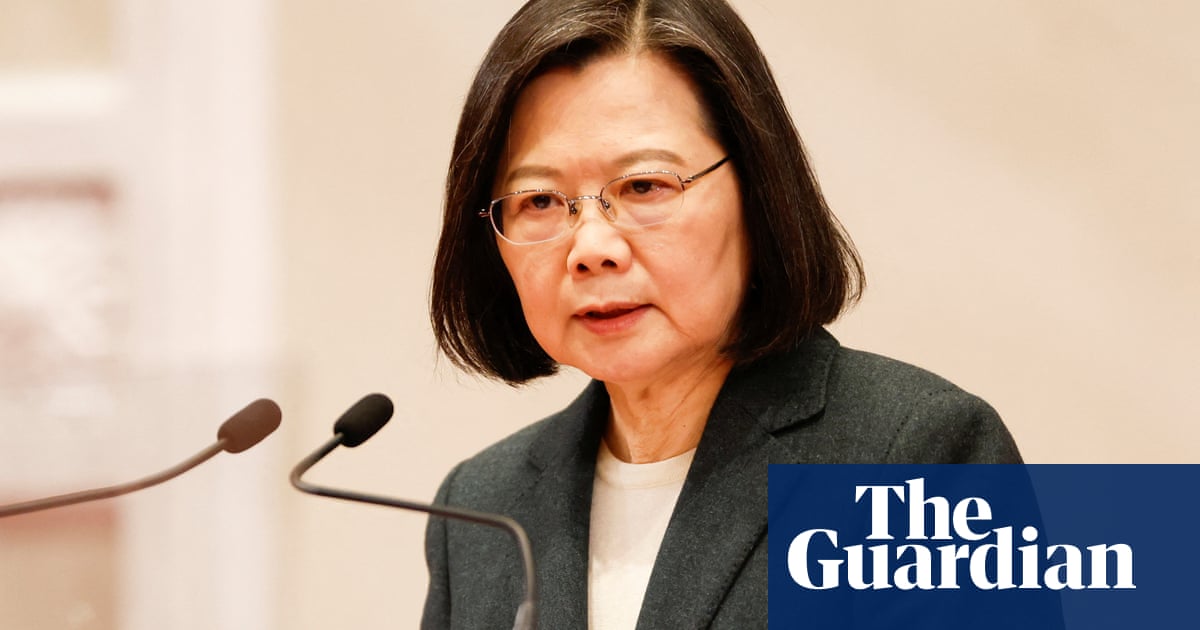Former Taiwan President Tsai Ing-wen will visit Britain this week at the invitation of British politicians, a trip that comes as London istrying to improve ties with Beijingand China ramps upefforts to diplomatically isolatethe island.
Britain, like most countries, has no official diplomatic ties withTaiwan, but the economic and political exchanges between the two sides have increased as Beijing ratchets up military threats to force Taipei to accept its sovereignty claim over the democratic island.
Tsai, who stepped down in May last year, has become a symbol of Taiwan’s defiance against China’s military threats. She is now in Lithuania and will travel to Denmark and then Britain later this week, her office said.
Tsai was invited by “friends in Britain’s parliament” in a trip that is designed to deepen friendship between Taiwan and Britain, the office said in a statement, adding Tsai, who has a doctorate from the London School of Economics, will meet unspecified British politicians.
Britain’s Foreign Office did not immediately respond to a request for comment sent outside office hours in London.
China’s foreign ministry also did not immediately respond to a request for comment.
Tsaihad been due to visit London in Octoberlast year, but that coincided with a trip to Beijing by British foreign secretary David Lammy at a time when London was trying to reset strained ties with China. Tsai did not end up going.
Tsai last year visited the Czech Republic, France, Belgium and Canada, drawing condemnation from Beijing which has repeatedly denounced Tsai as a “separatist”.
Despite a lack of formal ties, Taiwan sees Britain as an important democratic partner.
In 2023, Taiwan and Britain signed an Enhanced Trade Partnership Arrangement and Britain is also one of the countries that has helped Taiwan with its indigenous submarine programme, a vital part of Tsai’s push to boost Taiwan’s defence against China’s threat.
China says Taiwan is one of its provinces with no right to the trappings of a state, a position Taipei’s government strongly rejects.
